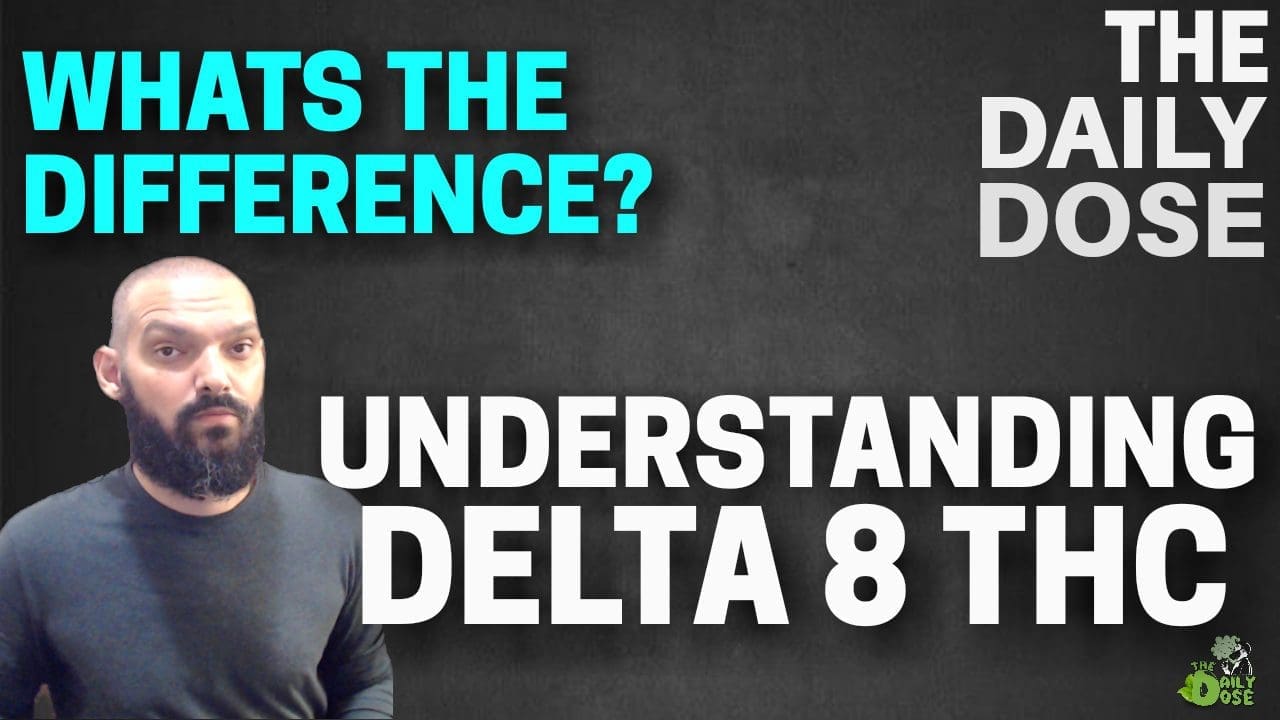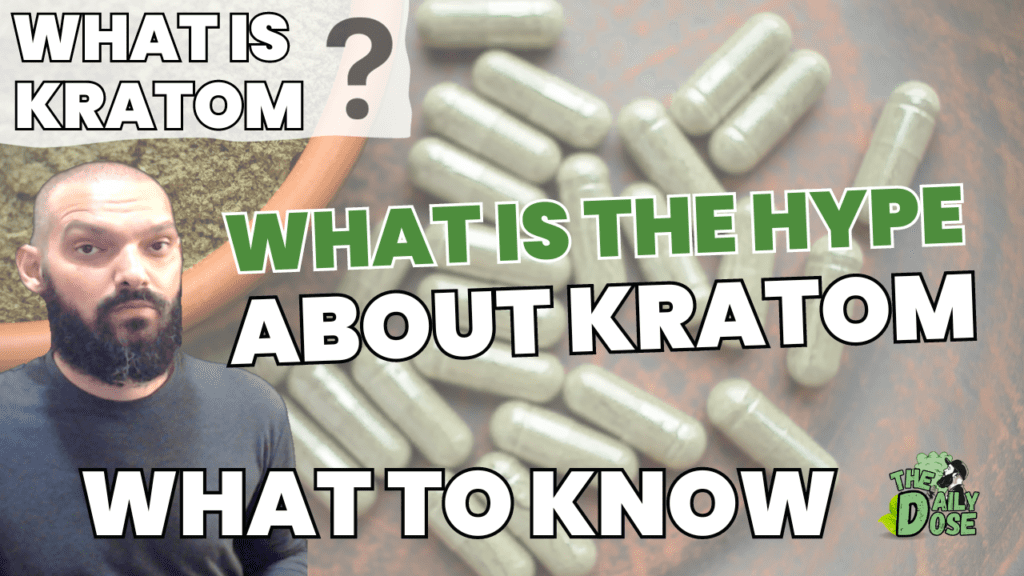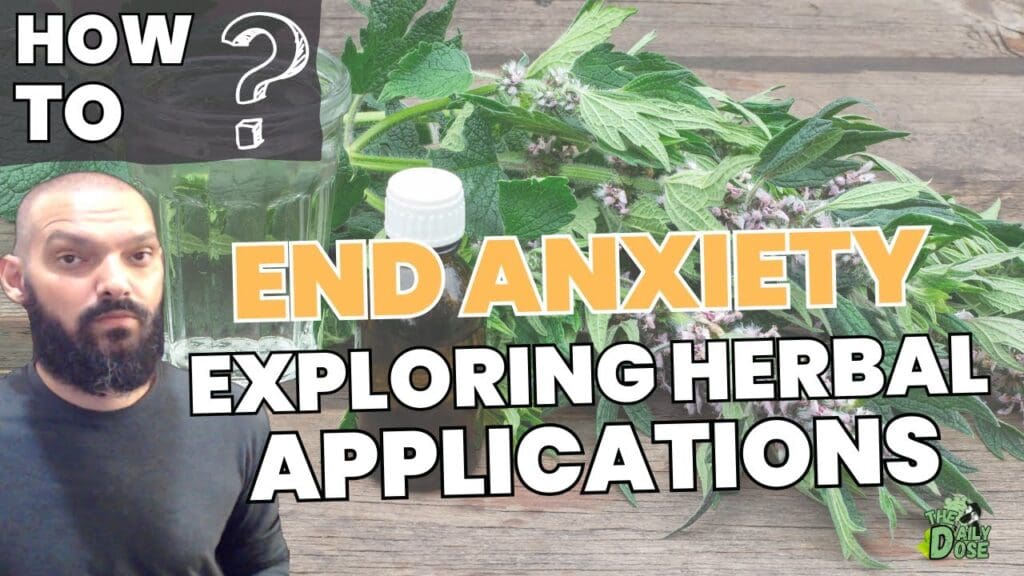Listen to the full episode here The Daily Dose Podcast
Delta 8 THC What To Know
What It Is
The high is pleasant and relaxing so what is Delta 8 THC and how is it different from Delta 9, to answer that we first have to look at how Delta 8 is produced. You see, Delta 8 is naturally occurring in cannabis flower but in small amounts.
Introduction
You may have heard about Delta 8 as of recently, more places are open to carrying it as the laws have opened a flood gate of interest. The law that allowed such developments in recent years is the 2018 Farm Bill a law that allows the cultivation of hemp derived products. A stroke of the pen as brought us numerous new products and one of them is Delta 8.
In Today’s episode I want to cover the difference between Delta 8, Delta 9 THC and CBD. The question has been a popular one lately, I myself have used this new form of THC since late 2019. Like you I was curious in these new developments and read as much as I could regarding the new methods of producing different forms of THC products.
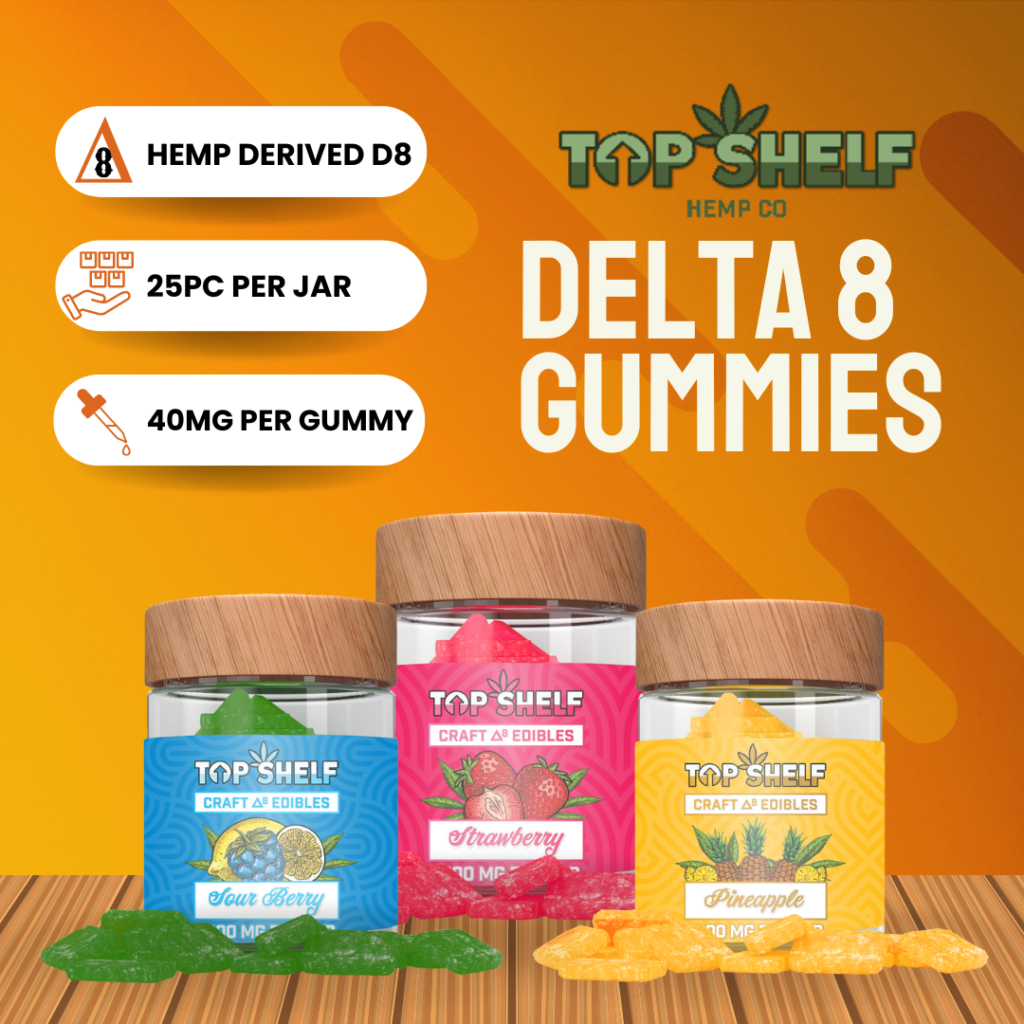
How It’s Made
Delta 8 THC is an isomer, or minor chemical variant, of Delta-9 THC. It occurs only at minuscule levels in natural cannabis. High levels of Delta 8 are produced by chemically converting CBD or Delta-9 THC through a process known as isomerization.
The high is pleasant, relaxing and more importantly what it doesn’t do is create a sense anxiety I typically feel from recreational cannabis. So what is Delta 8 and how is it different from Delta 9, to answer that we first have to look at how Delta 8 is produced.
You see, Delta 8 is naturally occurring in cannabis flower but in small amounts. By using CBD or Delta 9 THC and utilizing a method called Isomerization you can produce high levels of Delta 8 which is then produced into consumables.
Chemically Delta 8 is an isomer of Delta 9 and the only difference between the two molecules is the location of a double bond between two carbons. What has been determined is that Delta 8 is indeed a milder version which creates similar euphoric experiences but not as intense.
The same is true regarding the differences between Delta 8 and CBD except CBD does not create the effects that Delta 8 does and in itself produces are benefits to users.
To take a closer look at the benefits of Delta 8 we are seeing something interesting. Users are reporting similar benefits once observed in medicinal cannabis users, back when medicinal cannabis was a thing.
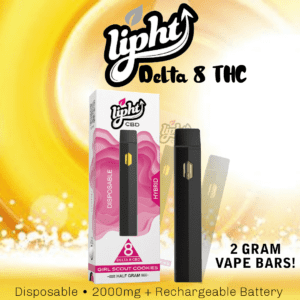
The Benefits
Not only is delta 8 a potent relaxant that can relieve stress, but it can also improve your focus and sleep patterns, ease pain, reduce anxiety, boost appetite, and relieve nausea and vomiting.
Delta 8, as a substitute for traditional Delta 9 THC found in most cannabis products, has been gaining attention for its unique effects and potential benefits. While research on Delta 8 is still in the early stages compared to Delta 9 THC, several anecdotal reports and preliminary studies suggest it may offer several benefits:
Psychoactive Experience with Lower Potency
- Milder High: Delta 8 offers a psychoactive experience similar to Delta 9 THC but is generally considered to be less potent. This can be beneficial for individuals who find the effects of traditional cannabis to be too intense or those who experience anxiety or paranoia with Delta 9 THC. A study published in the “Journal of Cannabis Research” noted that Delta 8 users reported a smoother, clearer high compared to Delta 9 THC.
Anxiety Relief
- Anxiolytic Effects: While both Delta 8 and Delta 9 THC have anxiolytic (anxiety-reducing) properties, Delta 8 is reported to be more manageable in terms of anxiety and paranoia, especially at higher doses. This makes it a preferred option for individuals seeking relief from anxiety without the intense psychoactive effects.
Pain and Inflammation
- Analgesic Properties: Like Delta 9 THC, Delta 8 has been reported to have analgesic (pain-relieving) properties. A 2018 preclinical study published in “Cannabis and Cannabinoid Research” found that Delta 8 may help to reduce pain and inflammation in a corneal injury in mice. The analgesic properties are thought to be mediated by CB1 receptors, part of the ECS, which Delta 8 binds to, although less strongly than Delta 9 THC.
Appetite Stimulation
- Increased Appetite: Delta 8 may also have appetite-stimulating properties. A study on mice, published in “Pharmacology, Biochemistry, and Behavior,” suggested that even low doses of Delta 8 administered to mice significantly increased food intake without producing significant cannabimimetic side effects. This suggests potential benefits for individuals dealing with appetite loss or eating disorders.
Nausea and Vomiting
- Anti-Emetic Effects: Research, particularly a study published in “Life Sciences” in 1995, has shown that Delta 8 can significantly reduce nausea and vomiting. The study involved children undergoing cancer treatment, and it was found that Delta 8 was highly effective in preventing vomiting and had very few side effects.
Neuroprotective Properties
- Brain Health: Some studies suggest that Delta 8 may have neuroprotective properties. Research indicates that it may help to produce Acetylcholine, a neurotransmitter involved in memory, cognition, arousal, and neuroplasticity. This could potentially make it beneficial for treating neurodegenerative disorders, although more research is needed in this area.
While Delta 8 shows promise in several areas, it’s important to note that much of the data comes from animal studies, anecdotal reports, or studies with small sample sizes. The legal ambiguity and lack of regulation around Delta 8 also mean that products on the market may vary significantly in quality and potency. As with any cannabinoid, individuals should approach with caution, consult healthcare professionals, and be mindful of the legal status in their jurisdiction. More research, particularly human clinical trials, is essential to fully understand the effects, benefits, and potential risks of Delta 8.
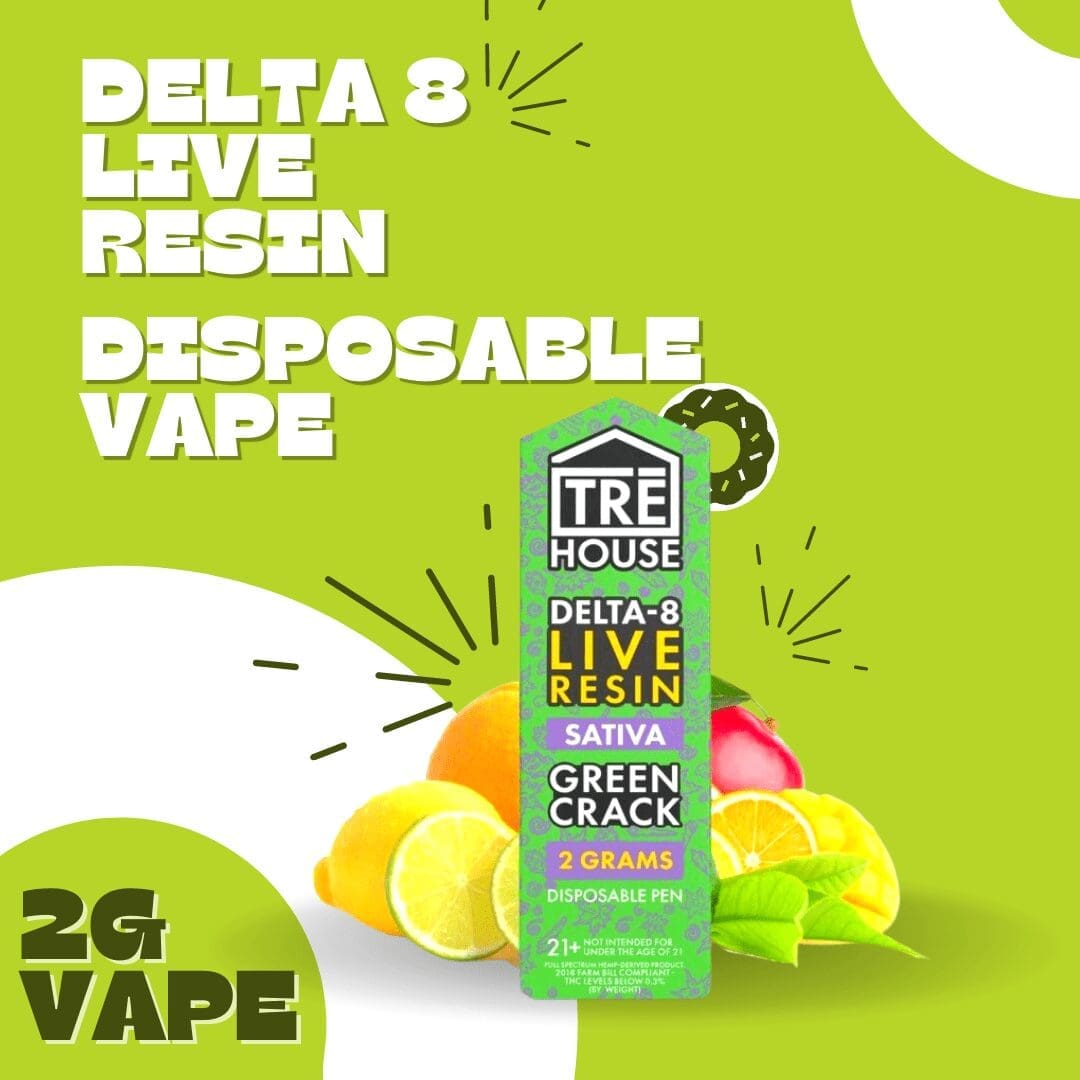
Conclusion:
Under the recreational laws cannabis is potent with high levels of Delta 9 THC but little of the well known CBD which I consider it and the other cannabinoids the true medicinal value behind the plant.
These levels of cannabinoids are near zero which has serious implications on users health and well being long term, what that will look like I don’t know but have seen some indicators such as heightened anxiety to name one of a few.
So if your new to cannabis my advice would be consider trying Delta 8 as the first go to, you may find yourself pleasantly surprised at how much you enjoy the mild high and soothing properties.
Thanks for the ears, eyes and your time.
FAQs
What is Delta 8?
Delta 8 has the double bond on the 8th carbon chain, while Delta 9 THC has it on the 9th. This slight difference significantly alters how Delta 8 interacts with the body’s endocannabinoid system (ECS). Delta 8 is known for its psychoactive properties, but it’s generally considered to be less potent than Delta 9 THC.
How does the experience differ from Delta 9 THC?
Intensity of Psychoactive Effects: Delta 8 is often reported to have a lower psychotropic potency than Delta 9 THC. Users of Delta 8 often describe the high as smoother, clearer, and less intense. It’s sometimes preferred by individuals who want to avoid the anxiety or paranoia that can occasionally accompany high doses of Delta 9 THC.
Medicinal Benefits: Both cannabinoids have therapeutic potentials, including pain relief, anti-nausea effects, and appetite stimulation. However, due to its milder psychoactive profile, Delta 8 is gaining popularity among users who seek to manage symptoms without experiencing a strong high.
Legality and Availability: The legality of Delta 8 THC is complex and varies by jurisdiction. It gained popularity because it’s often synthesized from CBD derived from hemp, which was legalized at the federal level in the US by the 2018 Farm Bill. However, this legal loophole is contentious, and some states have moved to specifically regulate or ban Delta 8.
Is Delta 8 safe to use, and what should users be aware of?
Regulation and Quality Control: As a largely unregulated market, products containing Delta 8 can vary significantly in quality and potency. Some products may contain contaminants or higher levels of THC than stated on the label.
Potential Side Effects: Like Delta 9 THC, Delta 8 can cause side effects, particularly when taken in high doses. These can include dry mouth, red eyes, rapid heart rate, coordination issues, and anxiety. It’s essential to start with a low dose, especially if you’re inexperienced or have a low tolerance.
Legal Status: Before purchasing or using Delta 8 , it’s crucial to verify the laws in your specific area, as regulations can vary significantly by state and country. Despite its federal legality under the 2018 Farm Bill, some states have specific restrictions or bans on Delta 8.
Related Articles:
- What Is Delta 8 THC
- Delta 8 THC Appeals Court Ruling Announced Today
- Koi Delta 8 Vape Bar Is It Worth It Wicked Reviews
- THC Edibles Myths And Facts A Simple Guide
- Difference Between HHC and THCO Now
Meet The Author


